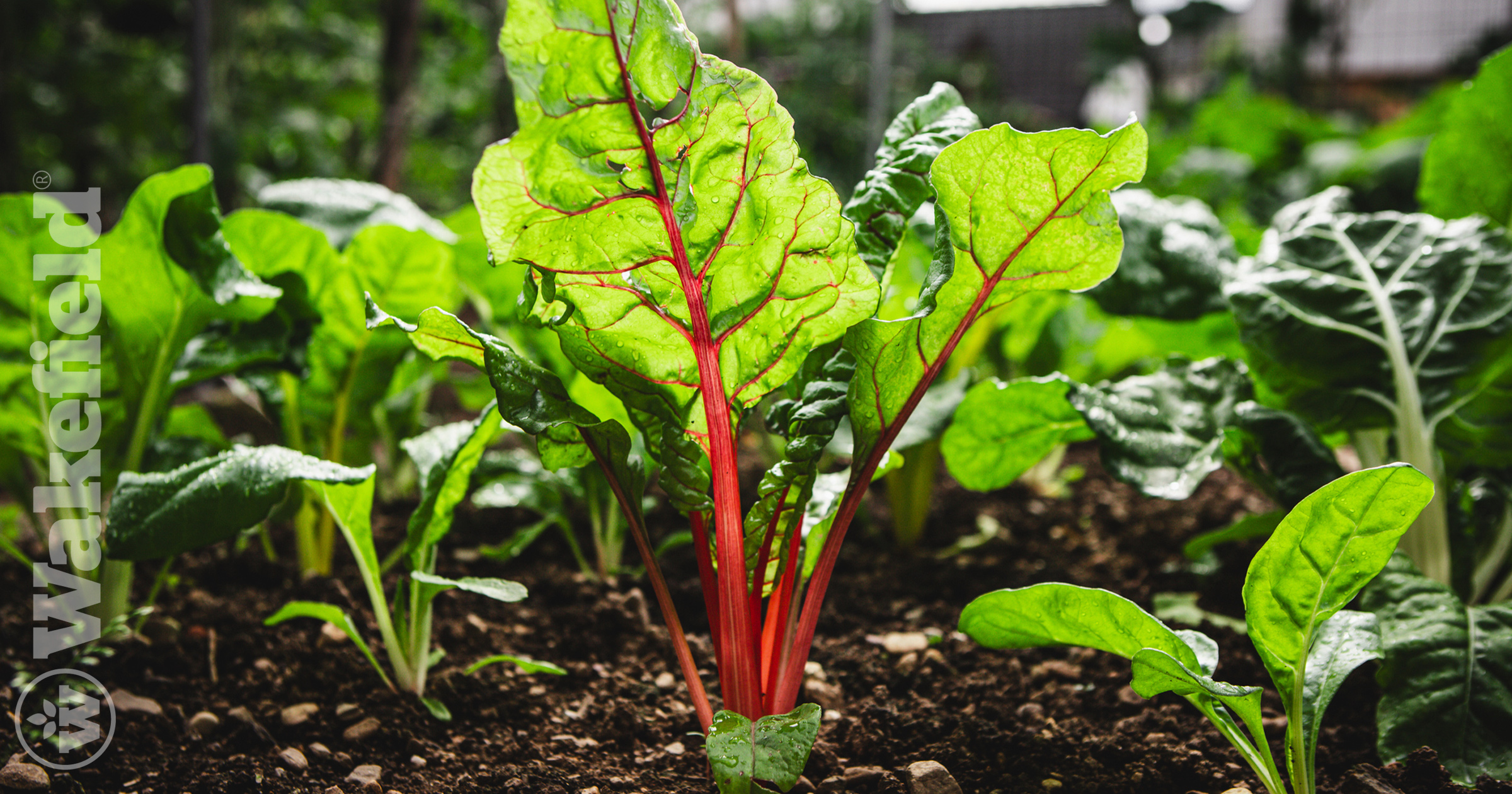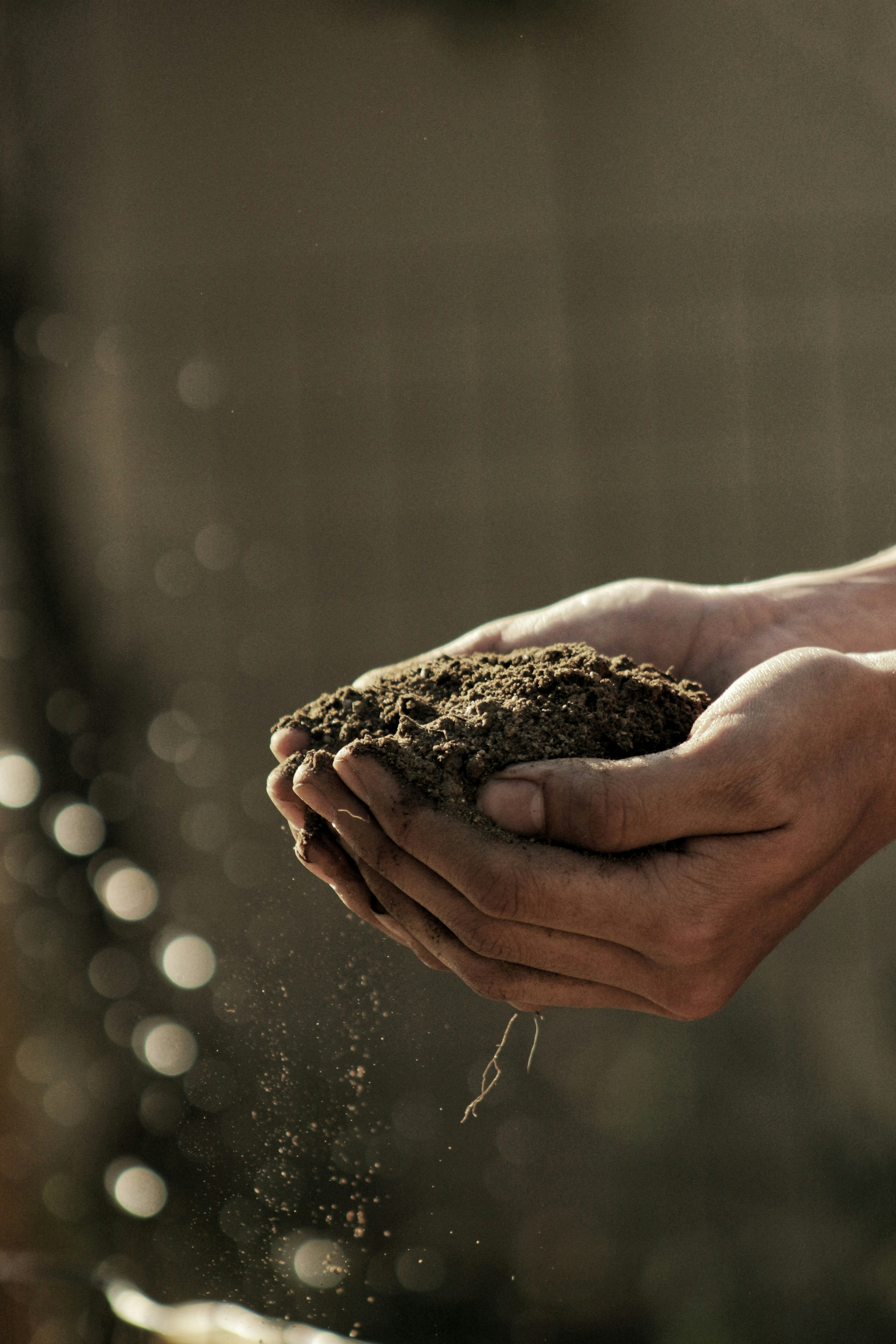How to Improve Garden Soil with Amendments

For a successful garden, you need good soil. But many homes are built on not-so-great ground. If your soil is mostly sand, clay, or silt, or just not very fertile, adding biochar can help. Biochar boosts productivity and richness, especially on poor-quality soils, but it’s good for any soil type.
Types of Soil Amendments
Soil amendments, also known as conditioners, can be categorized into two main types: organic and inorganic. Organic soil amendments originate from living organisms, while inorganic ones are typically derived from mining or synthetic materials. Here are some examples:
Organic Matter
Mulch: Often utilized for aesthetic landscaping purposes, mulch also serves to reduce water evaporation and suppress weed growth.
Compost: Composed of partially decomposed organic matter, compost aids in soil aeration, water retention, and the proliferation of beneficial soil organisms. You can either purchase compost or create your own using organic materials from your kitchen and yard.
Incorporating biochar into your compost or mulch can enhance soil quality and increase drought resistance.
Biochar as a Soil Amendment
Using biochar as a soil amendment reduces the need for fertilizer, one of its many advantages. You want to buy the right biochar for your needs. At Wakefield BioChar, our products help you grow healthier plants with less work!
Methods
- Get a DIY soil testing kit or send a dry soil sample to your local Cooperative Extension Service for testing!
- Perfect your pH: Knowing your soil’s pH is vital for plant nutrient availability. A pH of 7 is neutral, above 7 is alkaline, and below 7 is acidic. Biochar doesn’t directly change pH but typically has a pH of around 9. Understanding this is important because adding biochar might increase soil alkalinity.
How Biochar Provides Several Benefits to Soil
- Enhanced water retention: By retaining more moisture, biochar reduces the need for frequent watering, enabling lawns, gardens, and crops to thrive even in extended dry spells.
- Improved nutrient retention: Biochar significantly enhances the retention of nutrients, particularly nitrogen, phosphorus, and potassium. While biochar doesn’t directly add nutrients, it enhances their accessibility to plants.
- Promotion of microbial activity: Biochar fosters the growth of beneficial soil microbes, thereby enhancing soil health.
- Enhancement of soil structure: Biochar contributes to improved soil structure by encouraging soil aggregates to bind together, resulting in greater stability. These aggregates facilitate better aeration and water penetration.
Other Mineral amendments
- Lime: This soil amendment, primarily made from ground limestone, boosts pH levels, making soil more alkaline. Biochar serves a similar role, improving pH for better nutrient access by plants.
- Sulfur: Another vital amendment, sulfur lowers pH in alkaline soils, increasing acidity. It helps fight certain plant diseases and naturally occurs in compost.
- Bone meal: Derived from ground animal bones, bone meal is rich in phosphorus, aiding root growth. It’s best for acidic soils; in alkaline soils, its calcium content can inhibit phosphorus absorption by plants.
Learn More from Wakefield BioChar
When you learn more about biochar, you’ll understand that soil health increases in a time-honored, natural way. In an era in which global warming threatens to upend societies, a soil amendment such as biochar helps mitigate some of these dangers via carbon sequestration. Using biochar not only provides you with stronger, healthier, higher-yielding plants but also enables you to do your part in fighting climate change.
Better Soil. Better World. Happy Gardening!







